Knowledge Forum: Exploring How AI Will Change Africa
2024.10.07
JICA Ogata Sadako Research Institute for Peace and Development (JICA Ogata Research Institute), in collaboration with the United Nations University, hosted an online seminar titled “How will AI change Africa?” on July 30, 2024. The seminar explored the transformative potential of artificial intelligence (AI) across various sectors in Africa, highlighting both opportunities and challenges, while underscoring the need for inclusive AI governance. In her opening remarks, Miyahara Chie, Director General of the JICA Ogata Research Institute, emphasized these aspects and drew attention to the UN General Assembly’s first resolution on AI and Japan’s Hiroshima AI Process to promote inclusive global AI governance.
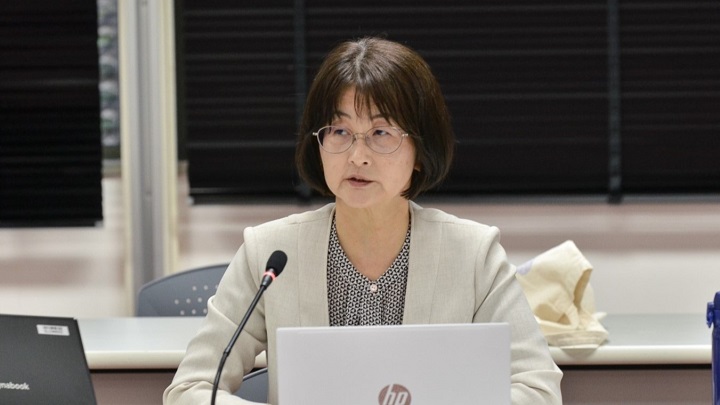
Miyahara Chie, Director General of the JICA Ogata Research Institute
Tshilidzi Marwala, Rector of the United Nations University and Under-Secretary-General of the United Nations, delivered the keynote speech titled “Resuscitating Africa Rise: The Role AI can Play.” He first acknowledged Africa’s economic growth and the contemporary challenges it faces, such as climate change, global conflicts, and the recent COVID-19 pandemic. Despite these setbacks, he highlighted positive forecasts for the continent’s socio-economic growth.
Marwala emphasized AI as a key driver in addressing Africa’s challenges and unlocking its potential. He discussed how AI can improve healthcare through remote diagnostics, enhance agricultural productivity, and provide personalized education. He also highlighted AI’s role in expanding financial inclusion and improving service delivery. He noted that Africa must develop and use its own AI systems and algorithms to suit local contexts rather than rely on imported technologies, which requires substantial investment in STEM education and vocational training.
Stressing the necessity of local adaptation, he called for regional collaboration, inclusive policymaking, and AI policies that prioritize inclusivity, fairness, and accountability. He also underscored the importance of creating an enabling environment for open data to boost AI development and regulation to ensure that AI policies and regulations mitigate any potential harm and hold AI practitioners accountable.
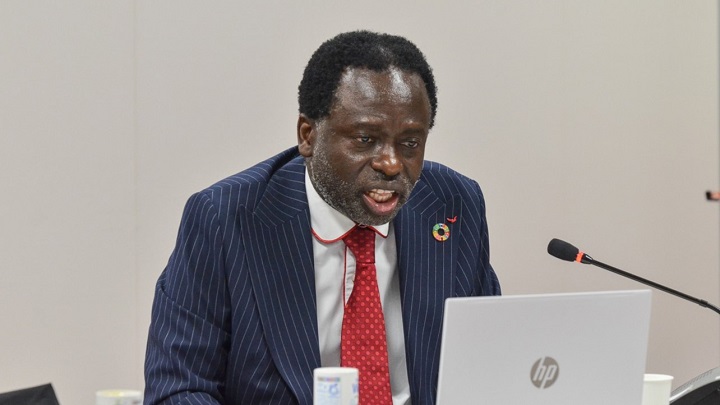
Marwala Tshilidzi, Rector of the United Nations University and under-secretary-general of the United Nations
The panel discussion, moderated by Miyahara, featured insights from Mine Yoichi, executive director of the JICA Ogata Research Institute, and Yamanaka Atsushi, Senior Advisor of Digital Transformation at JICA. In his response, Mine emphasized the importance of African ownership, partnership, and transregional collaboration. He highlighted the dynamic and innovative minds of African students, urging Japanese policymakers to accept more African students and young professionals to tap into their potential in natural and social sciences. Yamanaka discussed the innovative potential of African startups and the importance of brain circulation, where African talent—some of which may be nurtured in Japan—and Japanese talent could form a complementary and symbiotic “brain” that could contribute to solving a variety of challenges and accelerate both Africa and Japanese development.
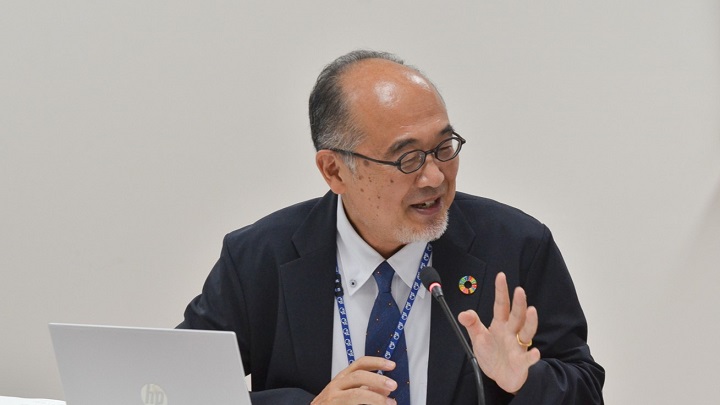
Mine Yoichi, Executive Director of the JICA Ogata Research Institute
Mine then asked Marwala about the necessity of AI regulation, especially given its use in military operations and the risks posed by undemocratic regimes. Marwala affirmed the need for regulation at international, regional, national, and industry levels to maximize benefits and minimize risks. Yamanaka asked Marwala how to ensure the voices of developing countries are included in global AI governance frameworks, given the dominance of AI development by Big Tech. Marwala emphasized the importance of the UN system and regional bodies like the African Union in amplifying these voices. He highlighted the role of the UN’s high-level advisory body on AI and stressed the need for educational initiatives to ensure that future AI developers understand the global implications of their work. He called for stronger regional collaboration and participation in global forums like the G7 to influence AI governance policies.
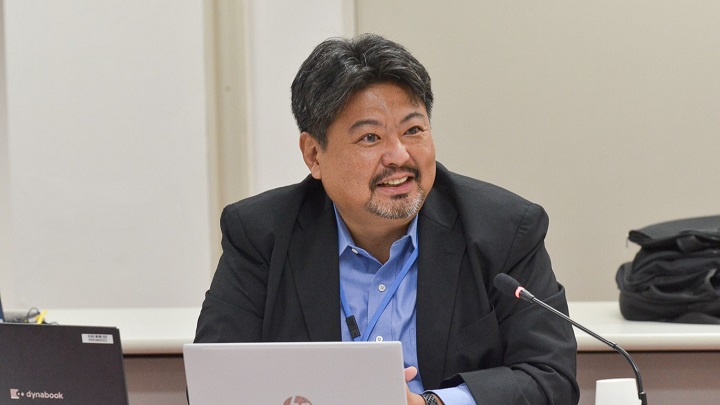
Yamanaka Atsushi, Senior Advisor of Digital Transformation at JICA
During the Q&A session, Marwala was asked how the UN’s proposals on AI regulation could be effectively implemented by different governments and organizations. Marwala highlighted the need for policymakers to balance self-interest with global interest, particularly on issues like climate change, and called for more engagement with communities worldwide.
In her closing remarks, Shirahase Sawako, Senior Vice-Rector of the United Nations University and Assistant Secretary-General of the United Nations, emphasized AI’s potential to drive sustainable development, improve various sectors, and bridge educational gaps, as well as the need for strong governance frameworks and international collaboration to harness this potential.
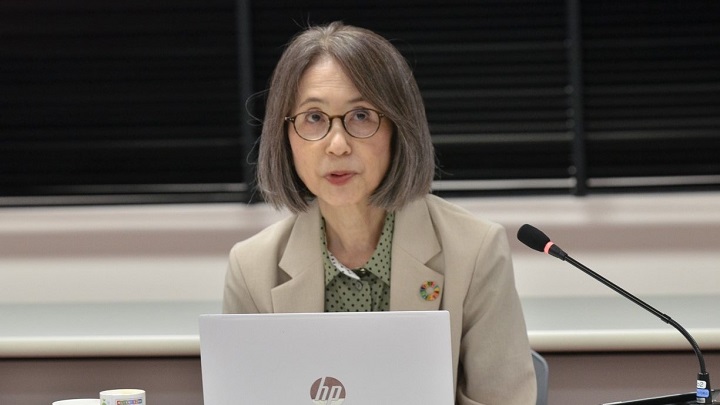
Shirahase Sawako, Senior Vice-Rector of the United Nations University and Assistant Secretary-General of the United Nations
The video recording is available by clicking the link below.

事業事前評価表(地球規模課題対応国際科学技術協力(SATREPS)).国際協力機構 地球環境部 . 防災第一チーム. 1.案件名.国 名: フィリピン共和国.

事業事前評価表(地球規模課題対応国際科学技術協力(SATREPS)).国際協力機構 地球環境部 . 防災第一チーム. 1.案件名.国 名: フィリピン共和国.

事業事前評価表(地球規模課題対応国際科学技術協力(SATREPS)).国際協力機構 地球環境部 . 防災第一チーム. 1.案件名.国 名: フィリピン共和国.

事業事前評価表(地球規模課題対応国際科学技術協力(SATREPS)).国際協力機構 地球環境部 . 防災第一チーム. 1.案件名.国 名: フィリピン共和国.

事業事前評価表(地球規模課題対応国際科学技術協力(SATREPS)).国際協力機構 地球環境部 . 防災第一チーム. 1.案件名.国 名: フィリピン共和国.
scroll